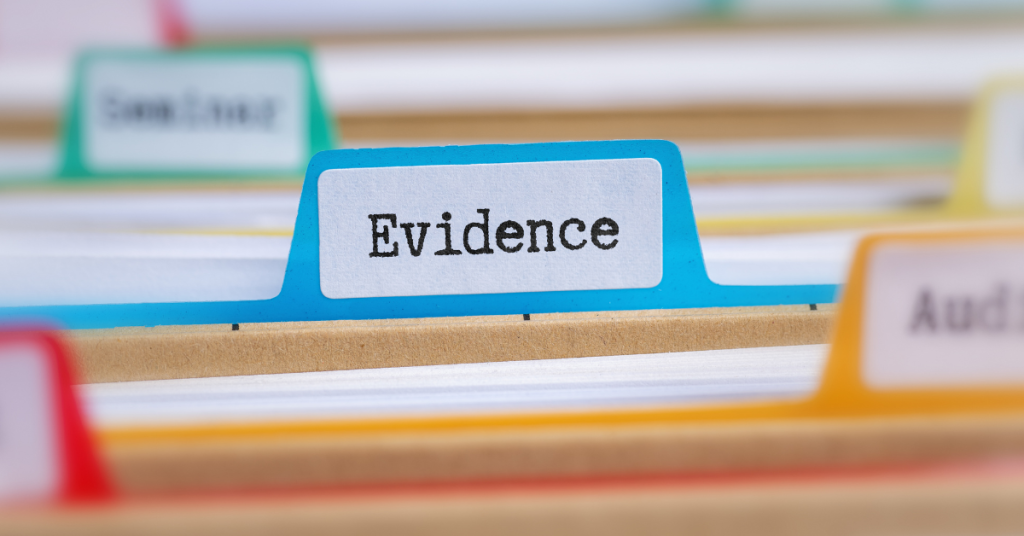In today’s digital world, where personal connections often begin through screens and private moments are shared online, the threat of online blackmail has become disturbingly common. Victims are often caught off guard, emotionally manipulated, and left searching desperately for help. Whether it’s a threat to expose personal photos, private conversations, or sensitive data, being blackmailed online can be terrifying.
If you’re here looking for online blackmail help, know this first: you are not alone, and there are safe, effective ways to take control of the situation and protect yourself.
What is Online Blackmail?
Online blackmail also known as digital extortion or sextortion is when someone uses threats over the internet to force a victim into giving them money, more explicit content, or something else of value. The blackmailer often uses shame, fear, or social embarrassment as leverage.
Common forms of online blackmail include:
- Threatening to leak private photos or videos
- Demanding money to keep sensitive messages confidential
- Claiming to have hacked your device or recorded your activity
- Using fake identities (catfishing) to lure victims into traps
These crimes can happen on social media platforms, dating apps, chat rooms, or email and affect people of all genders, ages, and backgrounds.

Who Is Most Vulnerable?
Blackmailers don’t discriminate, but they tend to target people who:
- Share personal or intimate content online
- Use online dating or messaging platforms
- Are less tech-savvy or unaware of online privacy risks
- Belong to communities where exposure could cause greater harm (e.g., LGBTQ+, students, professionals)
Victims are never at fault. The shame that blackmailers rely on is exactly what keeps people silent and that’s how the crime thrives.
Online Blackmail Help: Immediate Steps You Should Take
If someone is blackmailing you online, here’s what you need to do immediately:
1. Stop Communicating With the Blackmailer
Don’t respond. Don’t engage. Any reply can encourage them to keep going. Block them on every platform.
2. Do Not Pay the Ransom
Paying money or sending more content rarely ends the blackmail. It often results in more demands or threats. Paying also makes you more vulnerable to future attacks.
3. Gather Evidence
Take screenshots of all messages, profiles, emails, payment requests, and threats. Save this in a secure folder or cloud storage. Evidence is crucial for reporting and support.
4. Report the Crime
- To local authorities: Contact your country’s cybercrime unit or police department.
- To the platform: Report the blackmailer’s account to the social media or dating app they used.
- To specialized support websites: Trusted resources like DatingAdvisory.org and Cyber Civil Rights Initiative provide help, legal guidance, and emotional support.
5. Tell Someone You Trust
Keeping it secret gives power to the blackmailer. Talk to a close friend, family member, or counselor. You’re not alone, and support can ease the emotional burden.
Long-Term Protection from Online Blackmail
Preventing future incidents starts with strong digital hygiene. Here’s how to protect yourself going forward:
- Tighten your privacy settings: Make social media profiles private, limit who can view or message you.
- Use strong passwords and two-factor authentication: Especially for your email, cloud storage, and social apps.
- Avoid sharing explicit content: Even with people you trust. Devices and accounts can be hacked.
- Be cautious with new online connections: Don’t share personal details too quickly. Verify identities before trusting strangers.
Education and awareness are key. The more people understand the tactics used in online blackmail, the less effective those tactics become.

Emotional Support Matters
Online blackmail doesn’t just damage your privacy it affects your mental health, confidence, and relationships. Victims often feel:
- Embarrassed or ashamed
- Afraid of judgment
- Anxious, depressed, or even suicidal
This emotional toll can be just as serious as the crime itself. Don’t hesitate to reach out for emotional support from therapists, counselors, or online support groups that specialize in cyber harassment.
You are not weak for seeking help. In fact, doing so is the strongest and smartest thing you can do.





